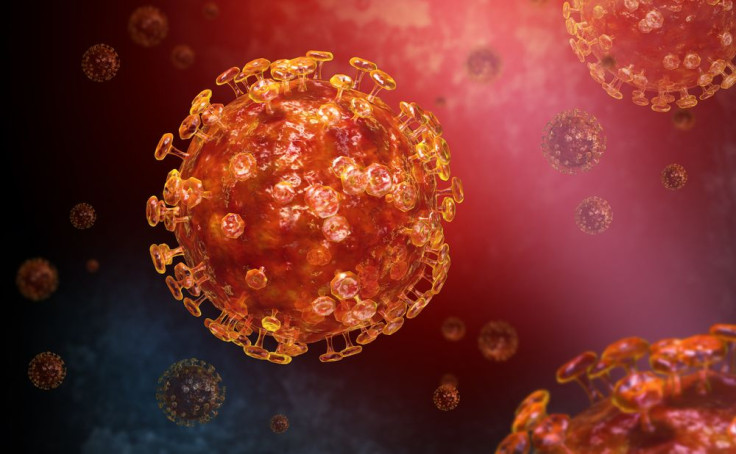MERS Virus Discovered In Saudi Camel Barn Suggests Airborne Transmission

The deadly Middle East Respiratory Syndrome virus has been discovered floating in the air of a Saudi Arabian camel barn owned by a man who died from the disease. The investigators say this may be the first solid evidence the MERS coronavirus, or MERS-CoV, can be contracted through the air.
The team of Saudi investigators took air samples from the barn on three consecutive days in November. In the very first air sample, they discovered viral gene fragments of MERS-CoV. The same day, one of the camels in the barn tested positive with an identical version of the virus. The genetic material was also identical to the virus that killed the owner.
To the scientists, who announced their findings in the journal mBio on Tuesday, it was a strong indication the virus is an airborne disease, like the cold or influenza, and therefore much more easily transmitted — and harder to contain. "The clear message here is that detection of airborne MERS-CoV molecules ... warrants further investigations and measures to prevent possible airborne transmission of this deadly virus," Esam Azhar, head of the Special Infectious Agents Unit at King Fahd Medical Research Center, said in a statement.
Since the disease emerged in 2012, MERS-CoV has spread to at least 699 people, primarily on the Arabian Peninsula, according to the World Health Organization. But the number is likely much higher. The Centers for Disease Control and Prevention reports the death rate among patients with confirmed cases is 30 percent. Though the disease has mainly affected the Middle East, some cases have been discovered elsewhere from people who have traveled in the region. Two American healthcare workers carried the virus back to the United States in May. They were hospitalized and released, and the virus appears to have been contained.
So far, no one has a clear understanding of how MERS-CoV spreads, other than that close contact with affected patients raises the risk. Nonetheless, some have caught on that people who deal with camels are at a greater risk for the disease. The CDC advises people to "avoid contact with camels" and "do not drink raw camel milk or raw camel urine," which shouldn't be too difficult.
The 43-year-old Saudi man, who lived south of Jeddah, died not long after caring for four of his nine camels, which had become ill and were leaking fluid from their nostrils. He applied some nasal medicine, and a week later he was sick. Investigating the incident, the scientists collected the three air samples in the barn. Only the first day yielded positive results.
Azhar says the study seems to confirm the camel link and "underscores the importance of obtaining a detailed clinical history with particular emphasis on any animal exposure for any MERS-CoV case." He said people who work in slaughterhouses or farms with camels should be especially careful to wash their hands to wear masks.
Source: E. Azhar, et al. mBio. 2014.



























